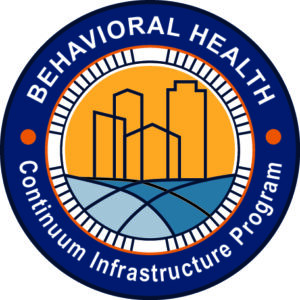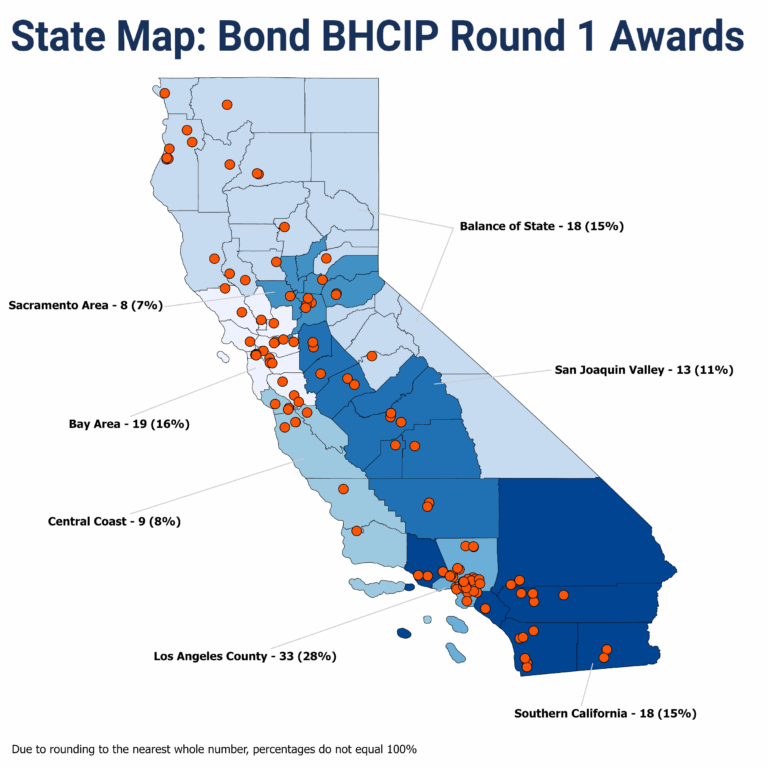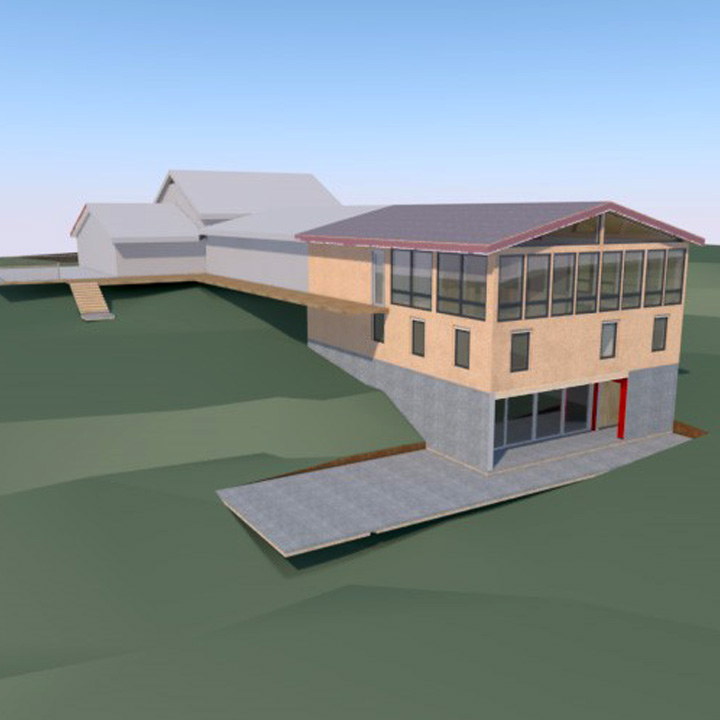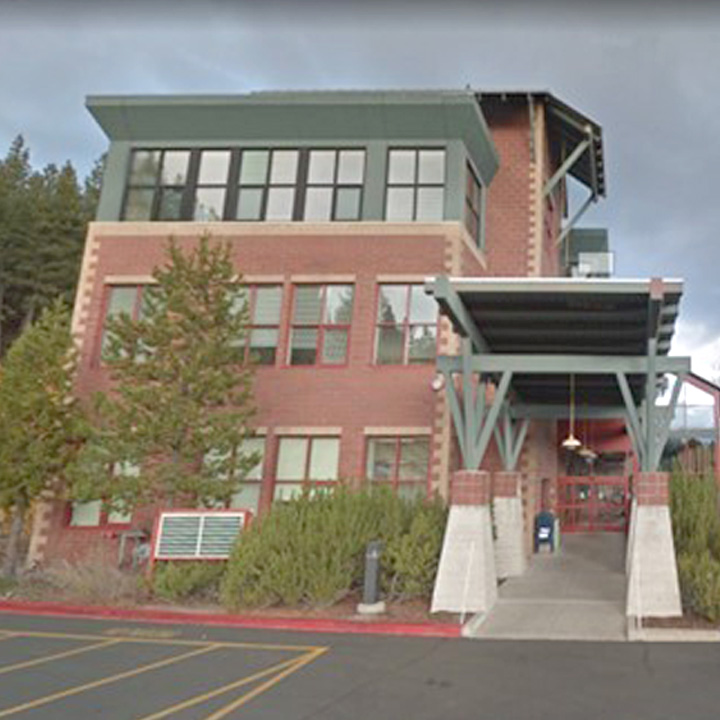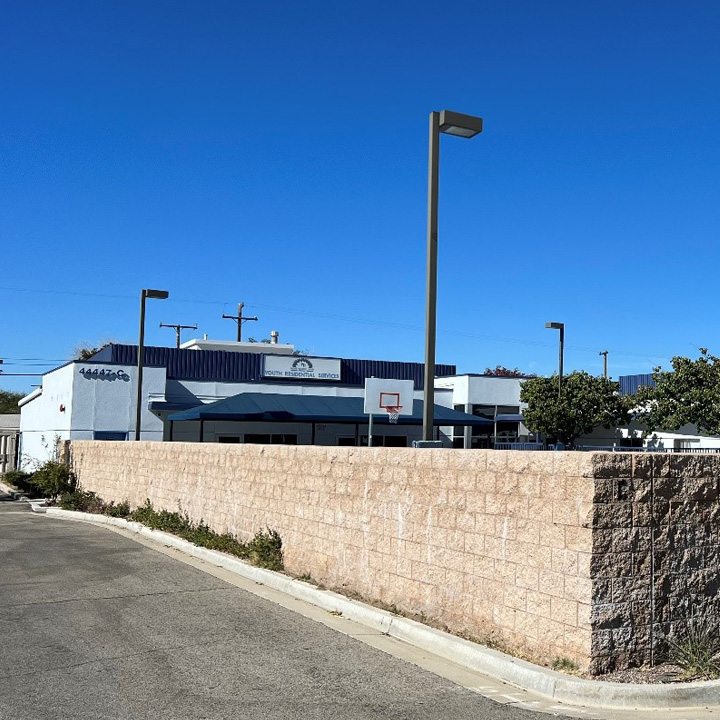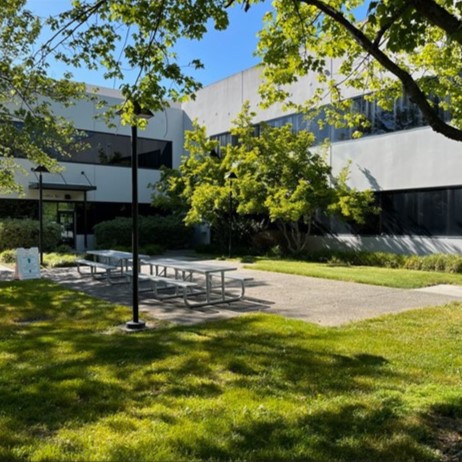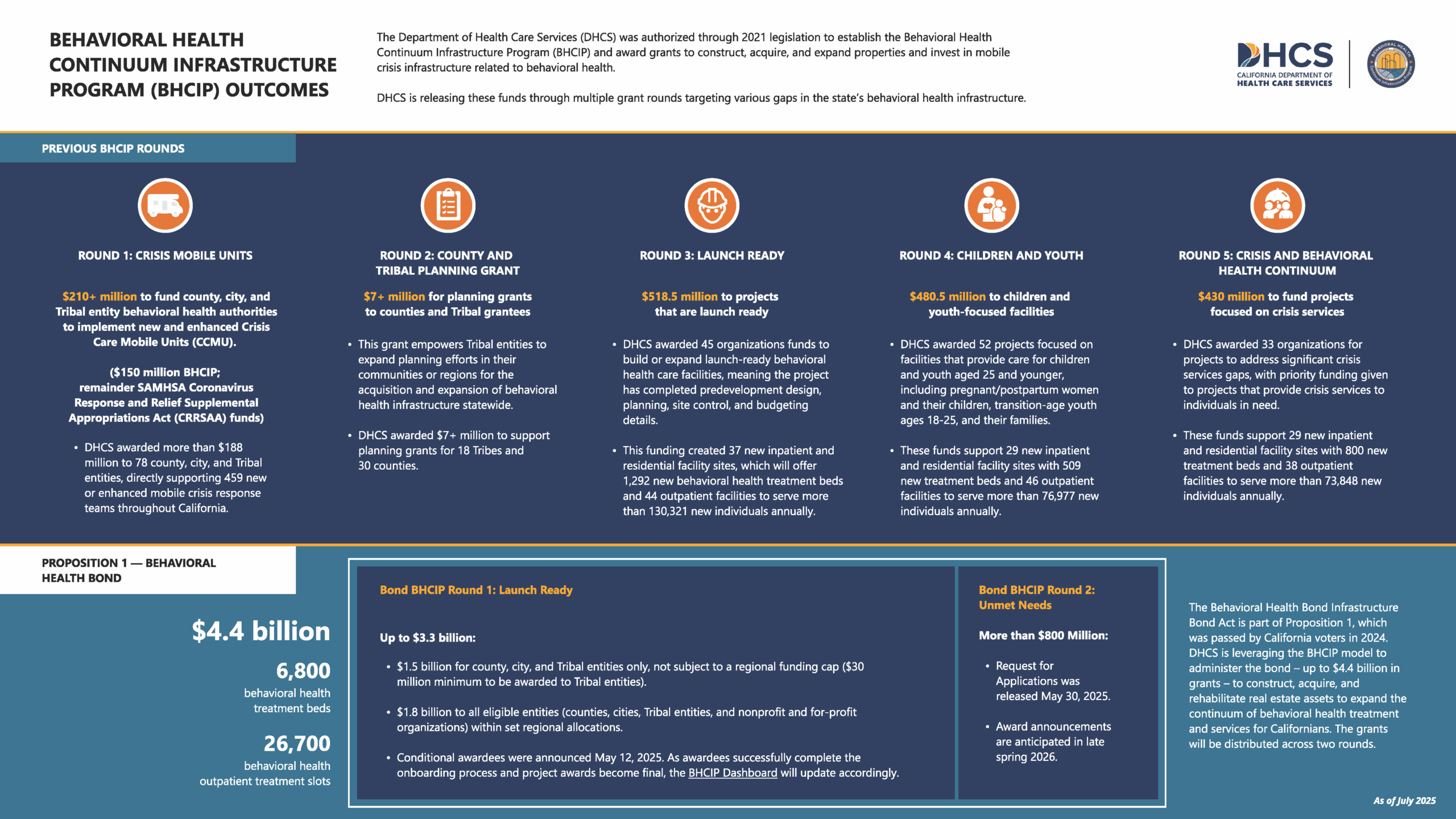Behavioral Health Continuum Infrastructure Program
Expanding the statewide continuum of behavioral health treatment and service resources for Californians
Update: October 28, 2025
Bond BHCIP Round 2: Unmet Needs
Request for Applications
The California Department of Health Care Services (DHCS) is no longer accepting applications for the Bond Behavioral Health Continuum Infrastructure Program (BHCIP) Round 2: Unmet Needs grant. Through this final round of Bond BHCIP funding, DHCS will award over $800 million in grant funds to eligible entities. Eligible entities include counties, cities, Tribal entities, nonprofit organizations, and for-profit organizations whose projects reflect the state’s priorities and align with the facility types listed in the RFA. DHCS will focus on the remaining gaps in the statewide behavioral health continuum and prioritize mental health community residential beds and crisis settings, rural or remote areas with outstanding needs or insufficient behavioral health infrastructure, geographic areas with no prior BHCIP infrastructure award, and projects with regional collaborations. Award announcements are anticipated in late spring 2026. All applicants will be informed in writing of DHCS’s final decision regarding their Bond BHCIP Round 2 application.
Update: November 12, 2025
Bond BHCIP Round 1: Launch Ready
As a result of Proposition 1, Bond BHCIP Round 1: Launch Ready conditional grant funding awards* were announced on May 12, 2025. To date, this competitive funding supports an unprecedented investment in the behavioral health continuum of care will fund 118 projects accounting for 199 mental health and/or substance use disorders facilities. These facilities will significantly expand access to care for Californians experiencing mental health conditions and substance use disorders (SUD).
*Grant funding awards remain conditional and contingent upon final DHCS verification of the grantee’s eligibility and use of bond funds, identified match amount and source(s), completion of award certification steps, clear title of property, final execution of the Program Funding Agreement, and fulfillment of all program requirements. All Bond BHCIP Round 1: Launch Ready conditional awards are undergoing final evaluation for the final award notice.
DHCS was authorized through 2021 legislation to establish the Behavioral Health Continuum Infrastructure Program (BHCIP) and award $2.2 billion to construct, acquire, and expand properties and invest in mobile crisis infrastructure related to behavioral health. DHCS has been releasing these funds through multiple grant rounds targeting various gaps in the state’s behavioral health facility infrastructure.
In March 2024, California voters passed Proposition 1, a two-bill package including the Behavioral Health Services Act (BHSA) (Senate Bill 326) and the Behavioral Health Infrastructure Bond Act of 2024 (BHIBA) (Assembly Bill 531). The BHIBA portion is a $6.38 billion general obligation bond to develop an array of behavioral health treatment, residential care settings, and supportive housing to help provide appropriate care facilities for Californians experiencing mental health conditions and substance use disorders. DHCS was authorized to award up to $4.4 billion in BHIBA funds for BHCIP competitive grants. In addition, DHCS will enact changes resulting from Proposition 1 through the Behavioral Health Transformation (BHT) project, which aims to modernize the behavioral health delivery system, improve accountability, increase transparency, and expand capacity of behavioral health care facilities for California residents.
BHCIP Rounds 3-5 and Bond BHCIP Round 1 To Date*
247
Projects Awarded
421
New/Expanding Behavioral Health Facility Types Funded
926,000+
Individuals Projected to be Served Annually
*Information updated December 3, 2025 and only includes BHCIP Rounds 3-5 and Bond BHCIP Round 1 Infrastructure projects. Data reported here are grantee reported estimates and subject to change.
ABOUT
Improving California’s Infrastructure
CalHHS infrastructure funding, alongside significant new state and federal investments in homelessness, healthcare delivery reform, and the social safety net, will address historic gaps in the behavioral health and long-term care continuum to meet growing demand for services and supports across the lifespan.
These investments will ensure care can be provided in the least restrictive settings by creating a wide range of options including outpatient alternatives, urgent care, peer respite, wellness centers, and social rehabilitation models. A variety of care placements can provide a vital off-ramp from intensive behavioral health service settings and transition individuals, including the most vulnerable and those experiencing homelessness, to community living. Investing in adult and senior care facilities will divert SSI/SSP recipients from homelessness as a key part of the state’s strategic multi-agency approach to increase housing options for seniors and people with disabilities.
